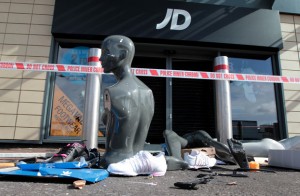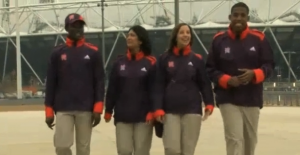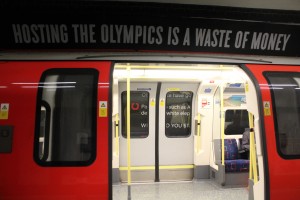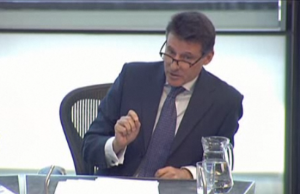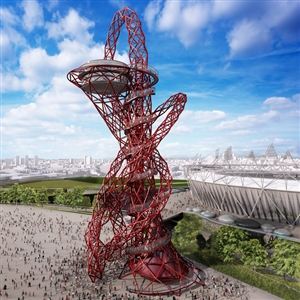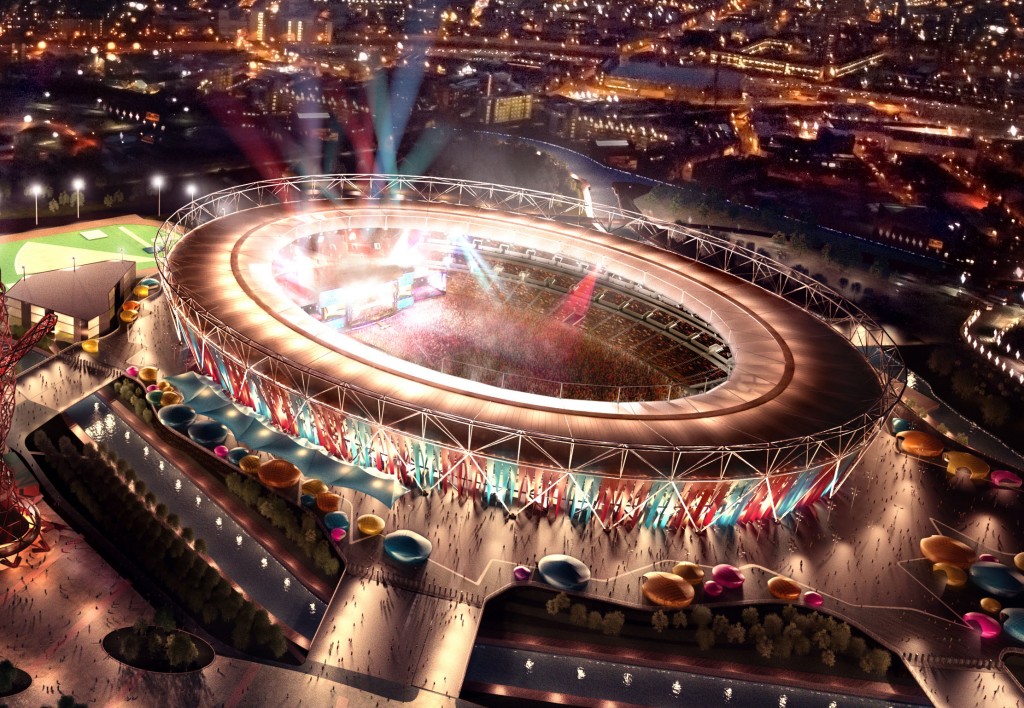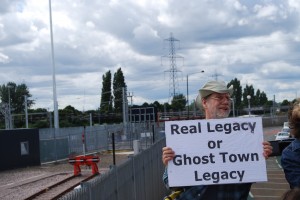Forest Gate Police Station located in the Olympic borough of Newham is at the centre of alleged racist assault. The London Olympics website states that the Olympics are a “celebration of different cultures” and that “diversity was a key reason why London, one of the most multicultural cities in the world” was chosen to host the events. However, these testimonies of ‘celebrating diversity’ have been subsequently undermined from the allegations of racism from members of the Metropolitan police, which could be seen as a form of institutional racism.
These allegations of racism echo previous instances of institutional racism which have have been resistant to change. In the 1970s there was a report from a school boy in the borough of Newham who was attacked shows that the resilience of institutional racism in the face of police reform. When the boy was taken by his employer to Forest Gate Police Station to report the incident the police officer, a character that resembled a Dixon of Dock Green style Desk Sergeant on hearing the story bent down under the counter, pulled out a double barrel shot gun and asked: ” Was he Black? We’ll get him wont we lads?” to the cheers of the other police officers in the station. When the Desk Sergeant heard that the assailant was white, and not black and leant his address he sighed, “Oh that lot. That family are well known”. No further action was taken.
The professionalism of the Metropolitan police force has once again come under scrutiny after new reports of racism have emerged. Hours after PC Alex MacFarlane was recorded on a mobile phone apparently using racist and abusive language, a colleague PC Joe Harrington was allegedly recorded in the custody suite assaulting a teenage boy.
In the first incident of the alleged racial abusive language recorded by Mauro Demetrio, 21, on his mobile phone PC MacFarclane is heard saying that “You’ll always have black skin colour” has been recently suspended. While PC Harrington was not heard making racist comments on the recording he was one of the three officers investigated for the alleged assault of Mauro Demetrio.
Soon after Demetrio was held custody at Forest Gate police station where he witnessed PC Harrington allegedly assault a 15 year old boy who was handcuffed. Demetrio stated that he saw PC Harrington kick the teenager in the back of the leg and once he was on the floor, kneed him in the back.
After Demterio’s report has been made public, a separate Independent Police Complaints Commission (IPCC) investigation was launched into the case of the 15 year old and subsequent CCTV footage of the incident has been found.
The close proximity of these events which occurred during the London riots last August has caused concerns over the way police officers operate. More controversy has arisen due to the initial advice from the Crown Prosecution Service (CPS) police complaints department that neither officer should be charged . This has subsequently caused pressing reviews by the CPS.
In recent years security has become a central issue in the planning of the Olympics, as the games will see some 12,000 police officers patrolling the streets of London at any one time as well as 5,000 military troops supporting them. However, are the recent allegations of racism undermine the security projects planned for the Olympics? A spokesperson for the Newham Monitoring Project has stated that even “after years of re-branding its poor reputation of racial inequality, the culture of racism within the Metropolitan police is still deeply embedded.” “With 12,000 police officers based in Newham during the Olympics the borough’s black communities face the prospect of a regime of repressive policing” that mirrors an apartheid approach to policing. Black Olympic athletes may want to think twice about sightseeing in Newham.
Click London Olympics for more blogs
See our Olympics project pages for more information and videos.
Or visit PlanA our general blog on urbanism, planning and architecture.
Spectacle homepage
Befriend Spectacle.Docs on Facebook
Follow SpectacleMedia on Twitter


